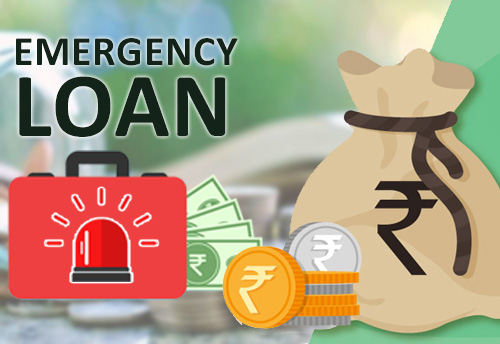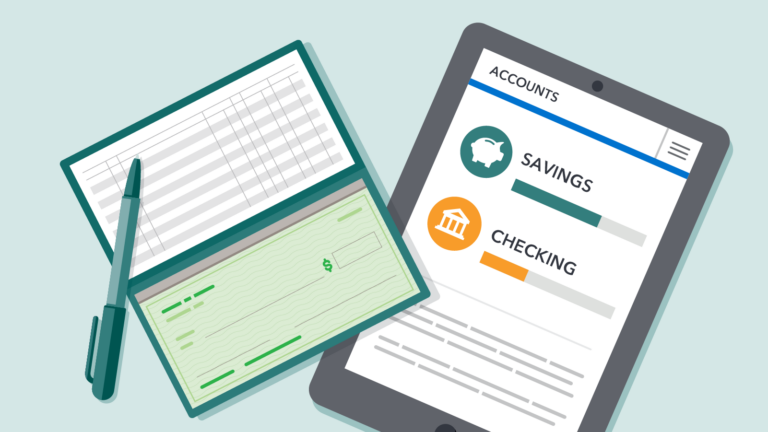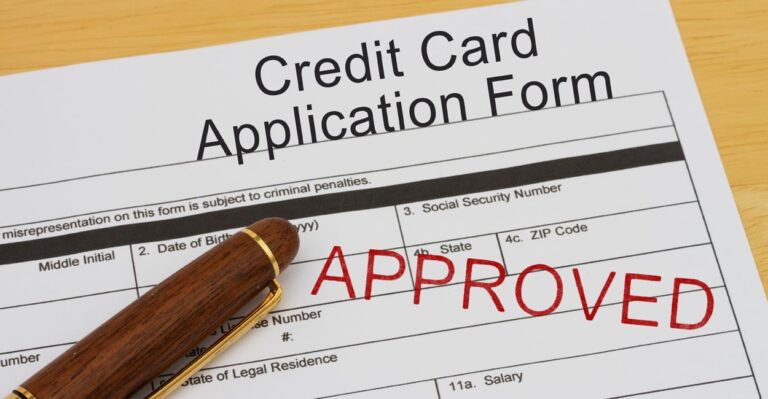How to Get the Best Emergency Loans
An emergency loan is a personal loan that is taken to cover emergency expenses like urgent medical care and home repair due to storm damage. These loans are usually unsecured and their approval or otherwise is usually based on personal information like income, credit reports, and other debts. Emergency loans are usually funded within a day or two of approval.
Compared to payday loans, emergency loans usually come with lower interest rates and more friendly repayment terms. Most emergency loans offer an easy online application process and quick processing to give you access to cash when you most need it. This article gives a detailed overview of the factors to consider when looking for an emergency loan and the best emergency loans available in the United States.
What is an Emergency Loan?
An emergency loan is a personal loan that can be used to cover unexpected expenses like medical bills, home repairs, or car repairs. These loans are usually unsecured, which means they don’t require any collateral like a car or house. Emergency loans are typically based on your income and credit history.
There are many different types of emergency loans available in the United States. Some common types of emergency loans include:
Payday Loans
Payday loans are short-term loans that are typically due on your next payday. These loans can be easy to qualify for, but they often come with high interest rates and fees.
Payday loans are usually small amounts of about $500 and are usually repaid in a single payment on the next payday. They are supposed to be repaid in about two to four weeks from the date of approval.
Installment Loans
Installment loans are loans that are repaid in multiple payments over a period of time. These loans can be used for emergencies, but they can also be used for other purposes like debt consolidation or home improvements.
Installment loans typically have terms of three months to five years. The payments are usually made monthly and the interest rates depend on the lender and the borrower’s credit history.
Title Loans
Title loans use your car as collateral for the loan. These loans are easy to qualify for, but they often come with high interest rates.
Title loans are usually small amounts, about $500, and have to be repaid in a single payment. The repayment date is typically 30 days from the date of approval.
What Can You Use an Emergency Loan For?
Emergency loans can be used for a variety of unexpected expenses. You can use these loans to cover virtually every expense that comes up unexpectedly and one which you did not prepare for in advance. These include medical bills, home repairs, car repairs, utility bills, emergency travel and funeral expenses to name just a few.
How to Qualify for an Emergency Loan?
Emergency loans are typically based on your income and credit history. This means that if you have a steady income and a good credit score, you will likely qualify for an emergency loan.
To qualify for an emergency loan, you will usually need to provide the following information:
Proof of Income
This can be in the form of pay stubs, tax returns, or other documentation that proves that you have a steady income.
Credit History
Lenders will pull your credit report to see if you have a history of making payments on time.
Other Debts
Lenders will want to know what other debts you have and how much you owe. This information helps them to determine if you can afford to take on another loan.
What is the Process for Getting an Emergency Loan?
Most emergency loans are available online and can be processed quickly. The process for getting an emergency loan typically includes the following steps:
Research different lenders
There are many different lenders that offer emergency loans. It’s important to compare rates, fees, and terms before you choose a lender.
Apply for the loan
Once you’ve chosen a lender, you will need to fill out an application. This can usually be done online in just a few minutes.
Get approved
After you submit your application, the lender will review your information and decide if you are approved for the loan.
Get the money
If you are approved, the lender will deposit the money into your account. This process can take a few days.
Factors to Consider When Applying for an Emergency Loan
There are a few factors that you should consider before you apply for an emergency loan. These include:
Interest rates
Emergency loans often come with high interest rates. This means that you will need to repay the loan plus interest. Be sure to compare interest rates before you choose a lender.
Fees
Some lenders charge application or origination fees. These fees can add up, so be sure to compare different lenders to see who has the lowest fees.
Repayment terms
Emergency loans typically have short repayment terms, which means you will need to repay the loan quickly. Be sure to understand the repayment terms before you choose a lender.
Your credit score
Your credit score will play a role in determining whether or not you qualify for an emergency loan. If you have a good credit score, you are more likely to be approved for a loan.
Your income
Lenders will want to see proof of your income before they approve you for a loan. Be sure to have your pay stubs or tax returns handy when you apply for a loan.
The Best Emergency Loans in the United States
There are many different emergency loans available in the United States. Here are some of the best:
SoFi Personal Loans
SoFi offers personal loans with low interest rates and no fees. You can borrow up to $100,000 and repay your loan over three to seven years.
Earnest Personal Loans
Earnest offers personal loans with low interest rates and no fees. You can borrow up to $75,000 and repay your loan over three to five years.
LendingClub Personal Loans
LendingClub offers personal loans with low interest rates and no fees. You can borrow up to $40,000 and repay your loan over two to five years.
Prosper Personal Loans
Prosper offers personal loans with low interest rates and no fees. You can borrow up to $35,000 and repay your loan over three or five years.
Avant Personal Loans
Avant offers personal loans with high interest rates but no fees. You can borrow up to $35,000 and repay your loan over two to five years.
Emergency Loan Alternatives to Consider
If you’re not sure an emergency loan is the right solution for you, there are a few other options to consider. These include:
Credit cards
You can use a credit card to cover emergency expenses. Just be sure to make your payments on time to avoid interest and late fees.
Home equity loans
If you have equity in your home, you can take out a home equity loan or line of credit. This can be a good option if you need a large sum of money and have good credit.
Personal lines of credit
A personal line of credit is like a revolving line of credit that you can use when you need it. This can be a good option if you need flexibility or only need to borrow a small amount of money.
Payday loans
Payday loans are short-term loans that you can use when you need cash fast. However, these loans come with high fees and interest rates, so they should be used as a last resort.
Friends and family
You can always ask friends or family for help in a time of need. Just be sure to repay them as soon as possible.
When to Use an Emergency Loan
Emergency loans can be a great way to get the cash you need when you most need it. But they should only be used in true emergencies, such as unexpected medical bills or home repairs due to storm damage. If you use an emergency loan for non-emergency expenses, you may find yourself in a cycle of debt that is difficult to break.
If you’re not sure whether or not an emergency loan is right for you, consider talking to a financial advisor. They can help you understand your options and make the best decision for your situation.
Conclusion
When you are looking for an emergency loan, it’s important to compare different lenders to see who offers the best rates and terms. Be sure to consider the interest rate, fees, repayment terms, and your credit score before you choose a lender.






